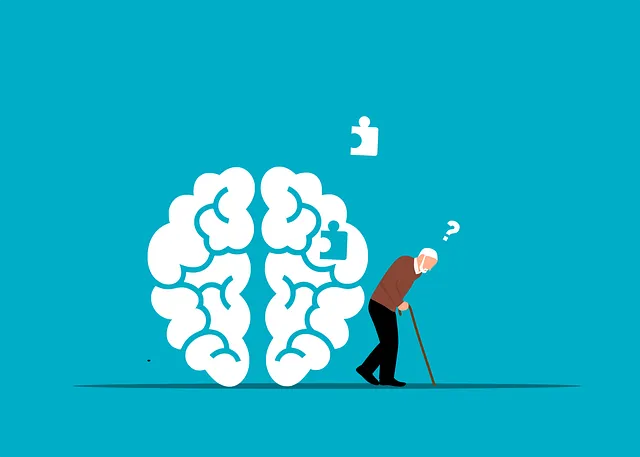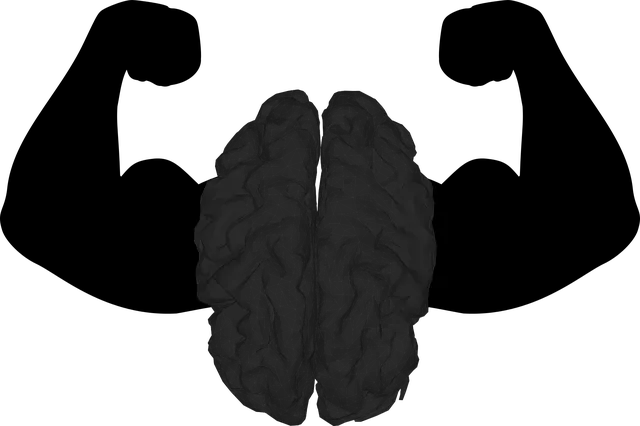Kaiser Permanente behavioral health services in Lone Tree focus on trauma-informed care, addressing its profound impact on mental and physical well-being. They offer specialized programs integrating evidence-based practices like Stress Reduction Methods, Inner Strength Development, and Resilience Building to empower survivors, foster healing, and enhance long-term mental wellness through holistic approaches and culturally competent care.
Trauma support services are crucial in addressing the profound impact of traumatic events on individuals’ lives. This article explores comprehensive trauma care through an in-depth study of Kaiser Permanente Behavioral Health Services Lone Tree, highlighting their resources and outreach programs. We delve into effective strategies for providing trauma-informed care, emphasizing recovery enhancement. By understanding trauma’s effects, we can navigate the complex landscape of support services, ensuring individuals receive the necessary tools for healing and resilience. Discover how organizations like Kaiser Permanente are revolutionizing trauma care.
- Understanding Trauma and Its Impact: A Foundation for Support Services
- Kaiser Permanente Behavioral Health Services Lone Tree: An In-Depth Look at Resources and Outreach
- Effective Strategies for Providing Trauma-Informed Care and Enhancing Recovery
Understanding Trauma and Its Impact: A Foundation for Support Services

Understanding trauma is a critical step in establishing effective support services. Trauma, whether acute or chronic, can profoundly affect an individual’s mental and physical well-being, leaving them struggling to navigate daily life. It often manifests as anxiety, depression, flashbacks, or intense emotional responses, impacting their ability to function and form relationships. The impact of trauma is far-reaching, affecting not just the affected individual but also their family and community.
Kaiser Permanente behavioral health services in Lone Tree recognizes that trauma is a significant public health issue. They offer specialized programs designed to provide holistic support, focusing on evidence-based practices like Stress Reduction Methods, Inner Strength Development, and Resilience Building. These services are tailored to meet the unique needs of each individual, fostering an environment where healing can begin. By addressing the root causes of trauma, these initiatives empower individuals to reclaim their lives and build a more resilient future.
Kaiser Permanente Behavioral Health Services Lone Tree: An In-Depth Look at Resources and Outreach

Kaiser Permanente Behavioral Health Services Lone Tree stands as a beacon of hope and support for individuals navigating trauma. This facility offers a comprehensive array of resources tailored to address emotional needs, focusing on both acute crisis intervention and long-term mental wellness management. The approach integrates evidence-based practices with a strong emphasis on emotional intelligence, ensuring patients receive holistic care that respects their unique experiences and backgrounds.
Outreach programs play a pivotal role in connecting vulnerable populations with the support they deserve. Kaiser Permanente Behavioral Health Services Lone Tree actively engages local communities, collaborating with healthcare providers to deliver culturally competent services. By prioritizing healthcare provider cultural competency training, they foster an environment where trust is built, and care is accessible to all. This commitment ensures that mental wellness becomes a shared priority, transcending cultural barriers and fostering inclusive support networks.
Effective Strategies for Providing Trauma-Informed Care and Enhancing Recovery

Effective strategies for providing trauma-informed care are essential for enhancing recovery and supporting individuals who have experienced traumatic events. At Kaiser Permanente behavioral health services Lone Tree, we prioritize a holistic approach that recognizes the profound impact of trauma on an individual’s mental and physical well-being. This involves creating safe spaces where clients feel seen, heard, and respected, fostering trust between caregiver and patient.
One key strategy is incorporating techniques such as mindfulness meditation and emotional healing processes into treatment plans. These practices empower individuals to develop inner strength, promote self-awareness, and cultivate coping mechanisms for managing trauma’s lasting effects. By integrating evidence-based therapies alongside these complementary methods, we enhance the effectiveness of care, enabling clients to navigate their recovery journey with greater resilience and hope.
The article has explored the critical role of trauma support services in addressing a significant societal need. By examining understanding trauma, the resources offered by Kaiser Permanente Behavioral Health Services Lone Tree, and effective care strategies, we’ve underscored the importance of a trauma-informed approach. These insights highlight the potential to enhance recovery and improve lives, emphasizing the value of dedicated services like those provided by Kaiser Permanente in the community.






